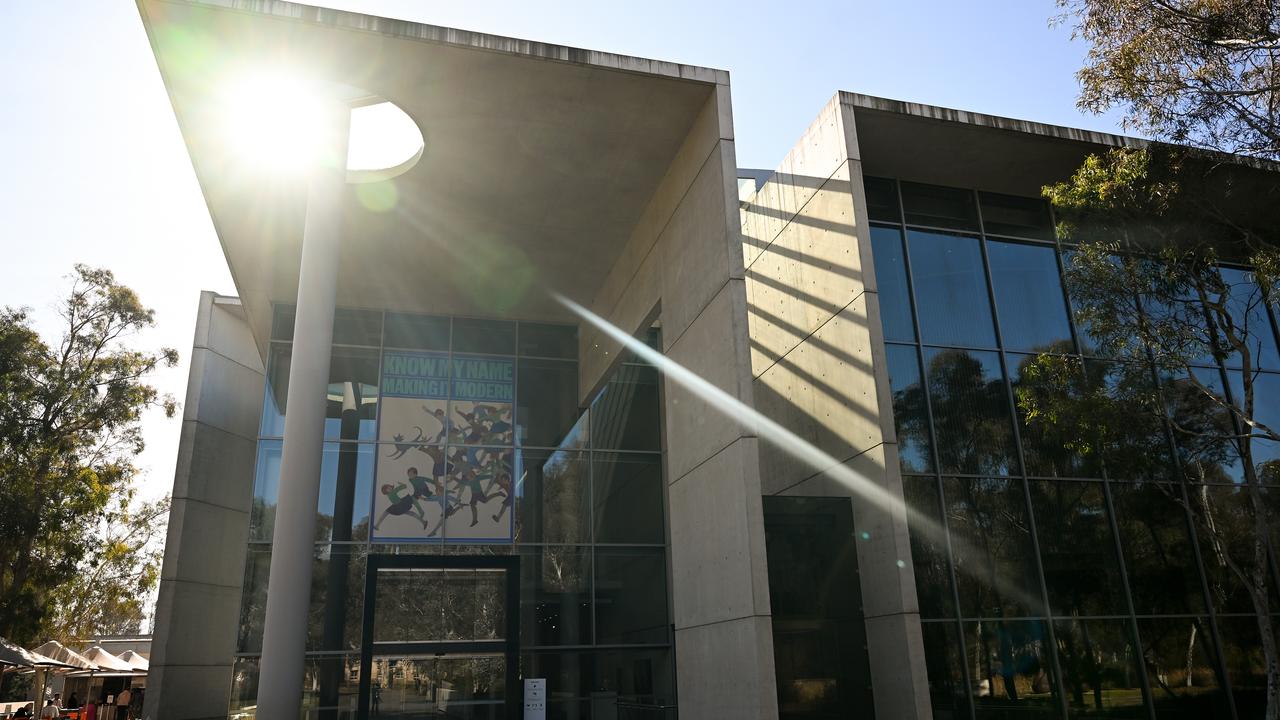
Companies that take part in collusive cartels could soon be exposed by artificial intelligence.
The consumer watchdog has set its sights on suppliers who work together to raise prices on government contracts in a practice known as "bid rigging".
A form of cartel conduct, bid rigging occurs when businesses discuss and agree among themselves who should win a tender and at what price, instead of competing against each other.
Though it is illegal, bid rigging can be difficult to identify.
But the NSW government will soon share reams of tender data with the Australian Competition and Consumer Commission to identify suspicious patterns as part of a landmark deal.
"We want to be able to reward law-abiding businesses by punishing those businesses that choose to break the law by entering into conspiracies - when it comes to bids, when it comes to prices, when it comes to other forms of collusive product," NSW Treasurer Daniel Mookhey said.
"We want to make sure that taxpayers are getting full value for their money by ensuring that government procurement isn't an opportunity for criminal cartel behaviour."
AI will be used to process NSW government contract documents, submissions, and other information before the watchdog screens the data in search of patterns that could indicate potential cartel behaviour.
A study from the Organisation for Economic Co-Operation and Development estimated that improving competition and stopping collusion could save the government up to 20 per cent on its contracts.

The NSW government alone spends more than $42 billion every year on goods, services and constructions.
Delta Building Automation in 2024 was ordered to pay $1.5 million after an official offered to pay a competitor to put in a bid that would likely lose.
The bid was work offered by the National Gallery of Australia.
Another ACCC investigation led to action against two Sydney roof tiling businesses that allegedly rigged bids for tenders at the University of Sydney and a residential building project in 2019.

This latest collaboration would allow the consumer watchdog to take a more proactive approach to cartel activity investigations, ACCC chair Gina Cass-Gottlieb said.
Similar data-sharing tools have already been used in Spain and South Korea, with the latter's technology flagging about 80 cases a month.
The federal government had entered discussions with the ACCC over a similar deal while the South Australian government entered an agreement with the watchdog at the beginning of 2025, Ms Cass-Gottlieb said.
Businesses caught in cartel behaviour such as bid rigging can be fined up to $50 million, while individuals face up to a decade in prison.
.jpg?w=600)






